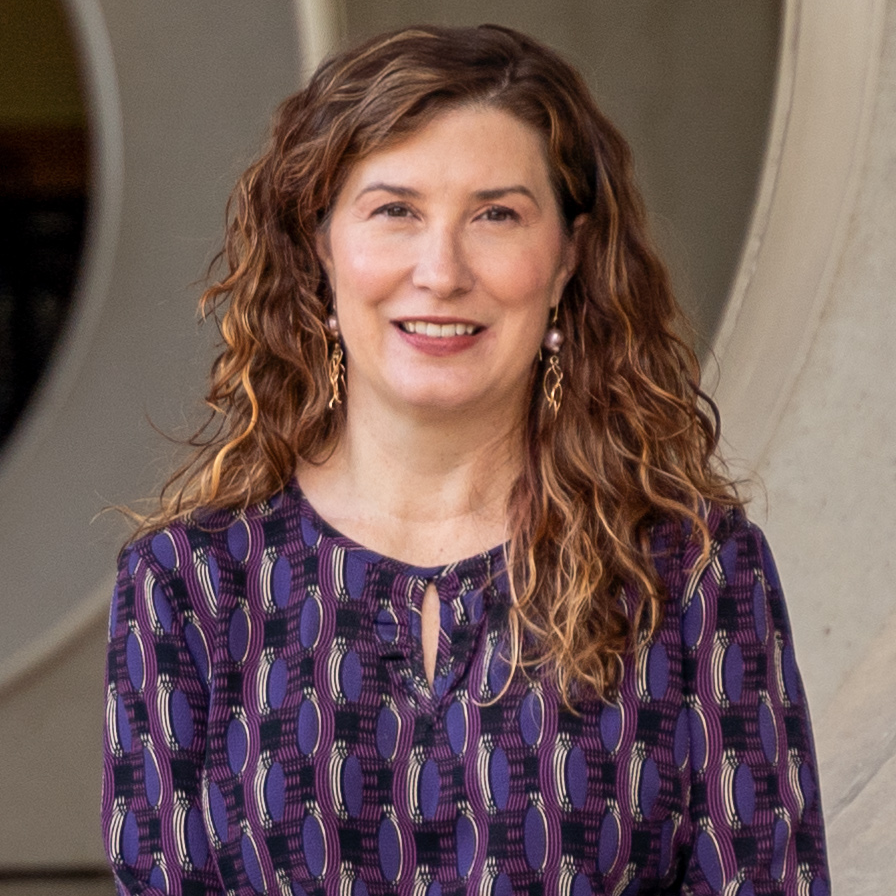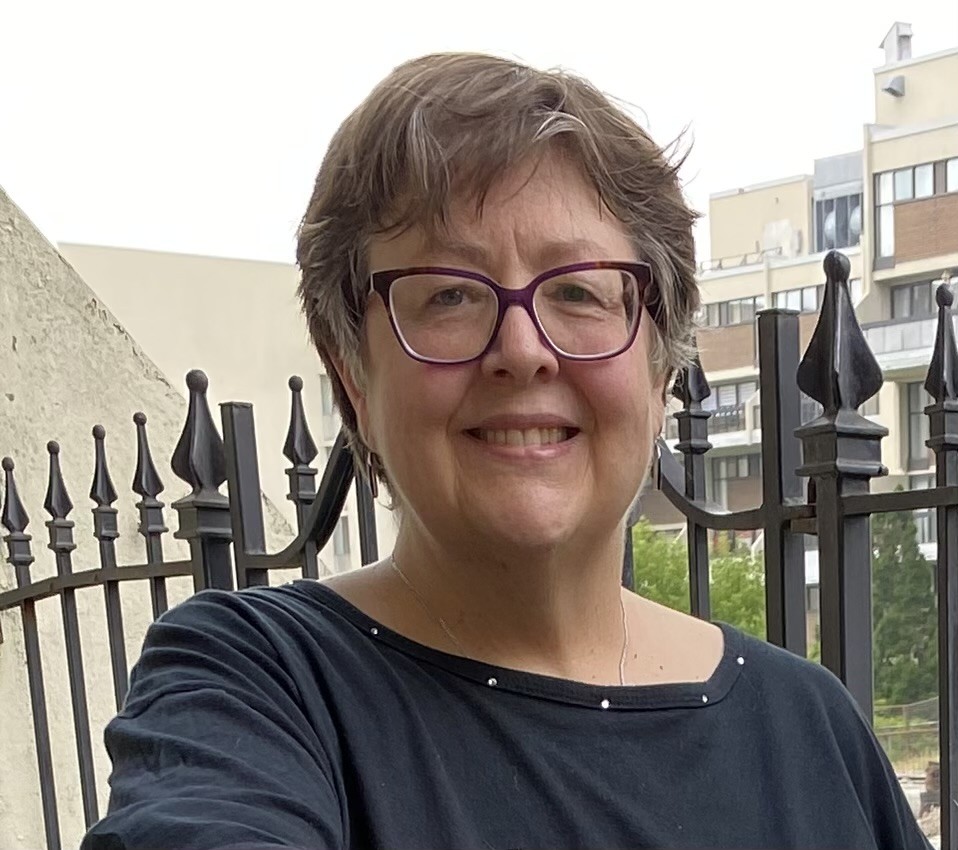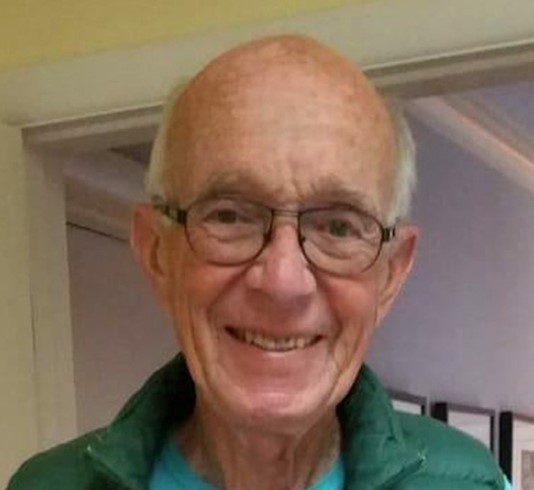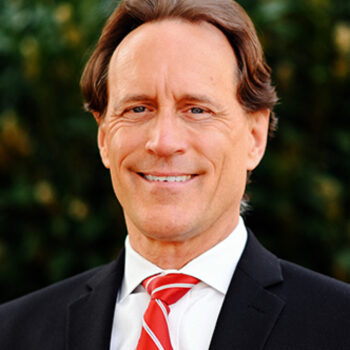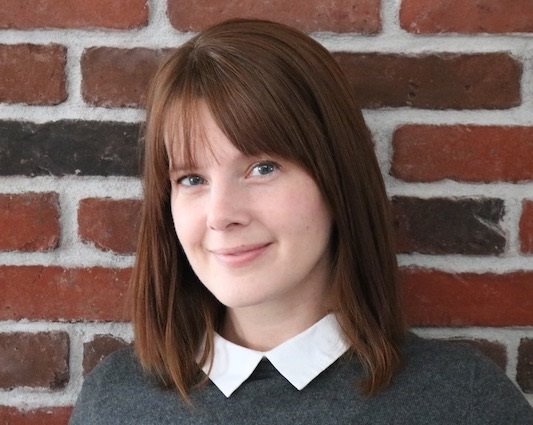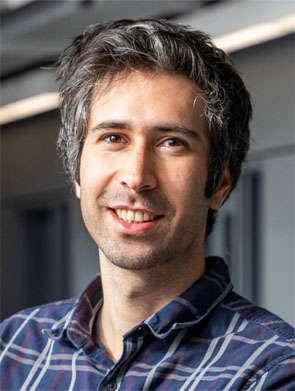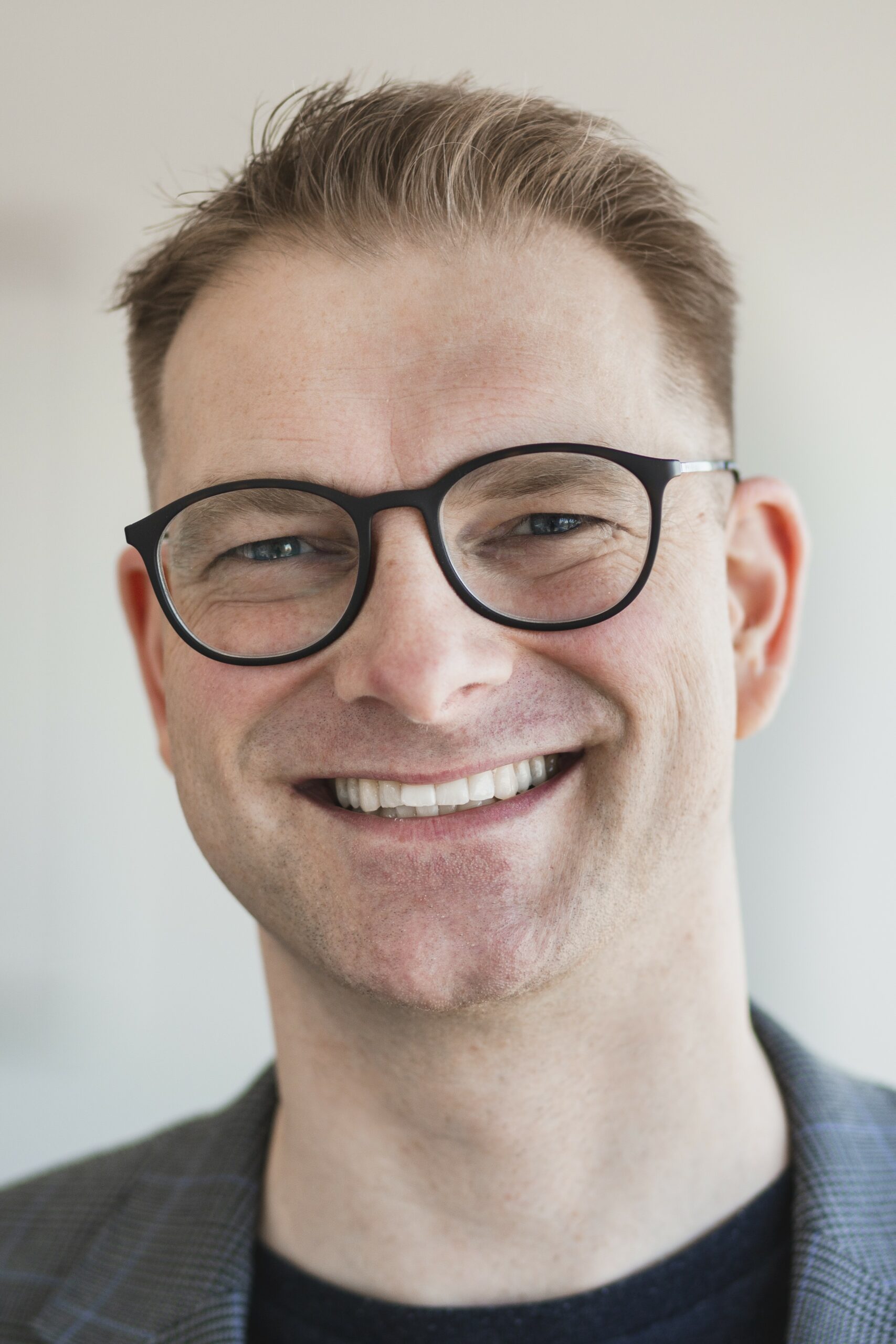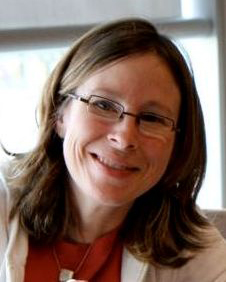Fifty-four researchers from York University have been awarded more than $3.3 million combined from the Natural Sciences & Engineering Research Council of Canada (NSERC) in support of ongoing research programs across multiple disciplines, including biology, geography, physics and more.
The latest NSERC funding, announced by the Government of Canada on June 14, includes Discovery Grants, Discovery Launch Supplements, Sub-atomic Physics (SAP) Discovery Grants, Northern Research Supplements, and Research Tools and Instruments Grants.
“NSERC’s latest investment in York University’s research excellence strengthens the institution’s leading position in the natural sciences and engineering and reflects the high-calibre talents of our researchers,” said Amir Asif, vice-president research and innovation. “York continues to increase its annual research revenue on a consistent basis and this year’s NSERC Discovery awards are the highest in the University’s history. Congratulations to all of York’s recipients, especially to the 15 early career researchers, for their dedication to advancing new knowledge and shaping the future of their fields.”
Forty-six researchers from York U received Discovery Grants, totalling $2,043,366. Some of the research programs awarded include: studying the genomics and social evolution of bees, by Sandra Rehan in the Faculty of Science ($65,000); building computer systems to control and guide spacecrafts, by Zheng Hong (George) Zhu in the Lassonde School of Engineering ($99,000); and investigating how the human brain manages breathing during physiological stress, by Devin Phillips in the Faculty of Health ($33,000).
Four researchers from the Department of Physics & Astronomy in the Faculty of Science received more than $1.4 million in SAP Discovery Grants, including Nikita Blinov, Deborah Harris, Eric Hessels and Randy Lewis.
A full list of recipients across the country can be found on the Government of Canada’s website.
For a complete list of York University’s recipients, see below.
Discovery Grant (including Discovery Launch Supplements and Northern Research Supplements) recipients:
Andrew Donini, Department of Biology, Faculty of Science
Salt and water balance in aquatic insects
$47,000 per year for a five-year term
Gordon Fitch, Department of Biology, Faculty of Science
Tritrophic interactions in a changing world: understanding how urbanization shapes plant-pollinator-parasite interactions to influence pollinator health and pollination services
$38,000 per year for a five-year term
*Discovery Launch Supplement ($12,500)
Katalin Hudak, Department of Biology, Faculty of Science
Regulation and activity of plant ribosome inactivating protein
$48,000 per year for a five-year term
Kohitij Kar, Department of Biology, Faculty of Science
Probing the mechanisms of primate visual intelligence
$38,000 per year for a five-year term
*Discovery Launch Supplement ($12,500)
Terrance Kubiseski
Regulation of Caenorhabditis elegans Stress Response
$40,000 per year for a five-year term
Raymond Kwong, Department of Biology, Faculty of Science
Understanding the homeostatic regulation and neurophysiology of essential trace metals in zebrafish
$39,000 per year for a five-year term
John McDermott, Department of Biology, Faculty of Science
Nucleolar Regulation and Function in Myogenic Cells
$48,000 per year for a five-year term
Eryn McFarlane, Department of Biology, Faculty of Science
The interplay between genetics and the environment on hybrid fitness
$29,000 per year for a five-year term
*Discovery Launch Supplement ($12,500)
Sandra Rehan, Department of Biology, Faculty of Science
Integrative genomics for pollinator health and social evolution
$65,000 per year for a five-year term
Gary Sweeney, Department of Biology, Faculty of Science
Examining cellular consequences of excess iron on skeletal muscle
$33,000 per year for a five-year term
Yongjoo Kim, Department of Chemistry, Faculty of Science
Methods to Create Mutations in Cells to Understand and Improve Protein Function
$37,000 per year for a five-year term
*Discovery Launch Supplement ($12,500)
Arturo Orellana, Department of Chemistry, Faculty of Science
Modern Approaches to Electrocyclization of Heptatrienyl Anions
$36,000 per year for a five-year term
Derek Wilson, Department of Chemistry, Faculty of Science
Advancing Hydrogen Deuterium Exchange Mass Spectrometry to Explore the Dynamic Origins of Protein (mis)Function
$36,000 per year for a five-year term
Cora Young, Department of Chemistry, Faculty of Science
Characterizing the abundance, sources, and fate of fluorinated gases in the atmosphere
$62,000 per year for a five-year term
Tao Zeng, Department of Chemistry, Faculty of Science
Theoretical studies of vibronic and spin-vibronic couplings: methodological development and applications in materials science
$36,000 per year for a five-year term
Michael Bazzocchi, Department of Earth & Space Science, Lassonde School of Engineering
Intelligent and Autonomous On-orbit Robotics for Inspection, Assembly, Manufacturing, and Servicing
$32,000 per year for a five-year term
*Discovery Launch Supplement ($12,500)
Sunil Bisnath, Department of Earth & Space Science, Lassonde
Resilient satellite-based precise positioning and navigation
$43,000 per year for a five-year term
Jianguo Wang, Department of Earth & Space Science, Lassonde
Intelligent Data Fusion Methodology for Multisensor-Integrated Kinematic Positioning and Navigation
$43,000 per year for a five-year term
Joann Jasiak, Department of Economics, Faculty of Liberal Arts & Professional Studies
Advances in Inference Methods for Stationary Martingales and Non-Gaussian Processes
$11,966 per year for a five-year term
Elisabeth Burjons Pujol, Department of Electrical Engineering, Lassonde
Online Algorithms with Reservation and Preemption
$25,000 per year for a five-year term
*Discovery Launch Supplement ($12,500)
Viet Hung Pham, Department of Electrical Engineering, Lassonde
Leveraging Model Interactions to Improve the Reliability of Machine Learning Systems
$24,000 per year for a five-year term
*Discovery Launch Supplement ($12,500)
Ali Sadeghi-Naini, Department of Electrical Engineering, Lassonde
Smart ultrasound platform for tissue characterization and monitoring
$41,000 per year for a five-year term
Ping Wang, Department of Electrical Engineering, Lassonde
AI-empowered Intelligent network management for next generation wireless communications networks
$55,000 per year for a five-year term
Jennifer Korosi, Geography, Faculty of Environmental & Urban Change
Lakes as sentinels and agents of environmental change in rapidly thawing discontinuous permafrost peatlands
$43,000 per year for a five-year term
*Northern Research Supplement ($15,000)
Joshua Thienpoint, Geography, Faculty of Environmental & Urban Change
Reconstructing disturbance regimes and aquatic ecosystem impacts of permafrost thaw slumping
$26,000 per year for a five-year term
*Discovery Supplement ($12,500)
**Northern Research Supplement ($15,000)
Ali Abdul-Sater, Kinesiology & Health Science, Faculty of Health
Exercise mediated training of tissue resident macrophages
$40,000 per year for a five-year term
Tara Haas, Kinesiology & Health Science, Faculty of Health
Regulation of angiogenesis in skeletal muscle and adipose tissues
$33,000 per year for a five-year term
Devin Phillips, Kinesiology & Health Science, Faculty of Health
The neural control of breathing during physiological stress in humans
$33,000 per year for a five-year term
*Discovery Launch Supplement ($12,500)
Dan Palermo, Lassonde School of Engineering
Resilient and Sustainable Concrete Structures: Mitigation of Residual Displacements and Concrete Damage
$43,000 per year for a five-year term
Nantel Bergeron, Mathematics & Statistics, Faculty of Science
Quasisymmetric varieties, Schubert polynomials and other algebraic combinatorial systems
$27,000 per year for a five-year term
Miles Couchman, Mathematics & Statistics, Faculty of Science
Turbulent mixing in stratified flows
$26,000 per year for a five-year term
Discovery Supplement
Ilijas Farah, Mathematics & Statistics, Faculty of Science
K-theory reversing automorphisms of the Calkin algebra. Disintegration of von Neumann algebras
$48,000 per year for a five-year term
Xin Gao, Mathematics & Statistics, Faculty of Science
Statistical learning methods for multi-task and network data
$27,000 per year for a five-year term
Jane Heffernan, Mathematics & Statistics, Faculty of Science
Towards an immuno-epidemiological framework: Tradeoffs between biological detail and mathematical complexity
$31,000 per year for a five-year term
Paul Skoufranis, Mathematics & Statistics, Faculty of Science
Linearization in Bi-Free Probability
$24,000 per year for a five-year term
Jianhong Wu, Mathematics & Statistics, Faculty of Science
Delay Differential Equations: Theory of Global Dynamics with Applications to Public Health of Zoonotic Diseases
$60,000 per year for a five-year term
Kaiqiong Zhao, Mathematics & Statistics, Faculty of Science
Novel statistical methods for complex data-enabled learning and causal discovery
$23,000 per year for a five-year term
*Discovery Launch Supplement ($12,500)
Paul O’Brien, Mechanical Engineering, Lassonde School of Engineering
Development of Photothermal and Radiative Cooling Surfaces and Structures for Environmental Sustainability
$32,000 per year for a five-year term
Zheng Hong Zhu, Mechanical Engineering, Lassonde School of Engineering
Computational Control Framework and Application for Flexible Spacecraft
$99,000 per year for a five-year term
Scott Beattie, Physics & Astronomy, Faculty of Science
Optical Frequency Combs and Atomic Clocks for Frequency and Time Metrology
$19,900 per year for a five-year term
*Discovery Launch Supplement ($12,500)
Charles-Eduoard Boukaré, Physics & Astronomy, Faculty of Science
Solidification Dynamics of Rocky Planets Interiors
$28,500 per year for a five-year term
*Discovery Launch Supplement ($12,500)
Eric Hessels, Physics & Astronomy, Faculty of Science
Tests of Fundamental Physics Using Atoms and Molecules
$61,000 per year for a five-year term
Matthew Johnson, Physics & Astronomy, Faculty of Science
Fundamental Physics from Microwave Background Secondary Anisotropies and Quantum Simulation of Vacuum Decay
$75,000 per year for a five-year term
Rahul Kannan, Physics & Astronomy, Faculty of Science
Modelling high redshift structure formation and reionization
$39,000 per year for a five-year term
*Discovery Launch Supplement ($12,500)
Adam Muzzin, Physics & Astronomy, Faculty of Science
Resolving Galaxy Growth with Canadian-Built Astronomical Instrumentation
$50,000 per year for a five-year term
Paul Scholz, Physics & Astronomy, Faculty of Science
Revealing the nature of Fast Radio Bursts and unlocking their potential as probes of the Universe
$33,000 per year for a five-year term
*Discovery Launch Supplement ($12,500)
Sub-atomic Physics Discovery Grant recipients:
Nikita Blinov, Physics & Astronomy, Faculty of Science
Three Directions Toward the Discovery of Dark Matter
$55,000 per year for a five-year term
Deborah Harris, Physics & Astronomy, Faculty of Science
Paving the way for Neutrino Oscillation Measurements at DUNE
$300,000 per year for a three-year term
Eric Hessels, Physics & Astronomy, Faculty of Science
Probing PeV-scale physics: Measuring the electron electric dipole moment using barium monofluoride embedded in an argon solid
$165,000 per year for a three-year term
Randy Lewis, Physics & Astronomy, Faculty of Science
Lattice gauge theory on classical and quantum computers
$90,000 per year for a five-year term
Research Tools and Instrument Grant recipients:
Zheng Hong Zhu, Mechanical Engineering, Lassonde School of Engineering
Ground Experiment System of Free-Floating Dual-Arm Space Robot for Autonomous On-Orbit Service
$150,000
Christopher Perry, Kinesiology & Health Science, Faculty of Health
A core high-frequency ultrasound imager for non-invasive measures of cardiac structure and function as well as muscle structure in mice
$150,000
Richard Murray, Psychology, Faculty of Health
Display calibration for virtual and augmented reality
$148,410
Ronald Hanson, Mechnical Engineering, Lassonde School of Engineering
Camera System for Particle Image Velocimetry with Upgraded Stereo Measurement Feature
$127,979
Marina Freire-Gormaly, Mechnical Engineering, Lassonde School of Engineering
Fast Mobility Particle Sizer Tool for Effective Particulate and Aerosol Emissions Characterization
$150,000




